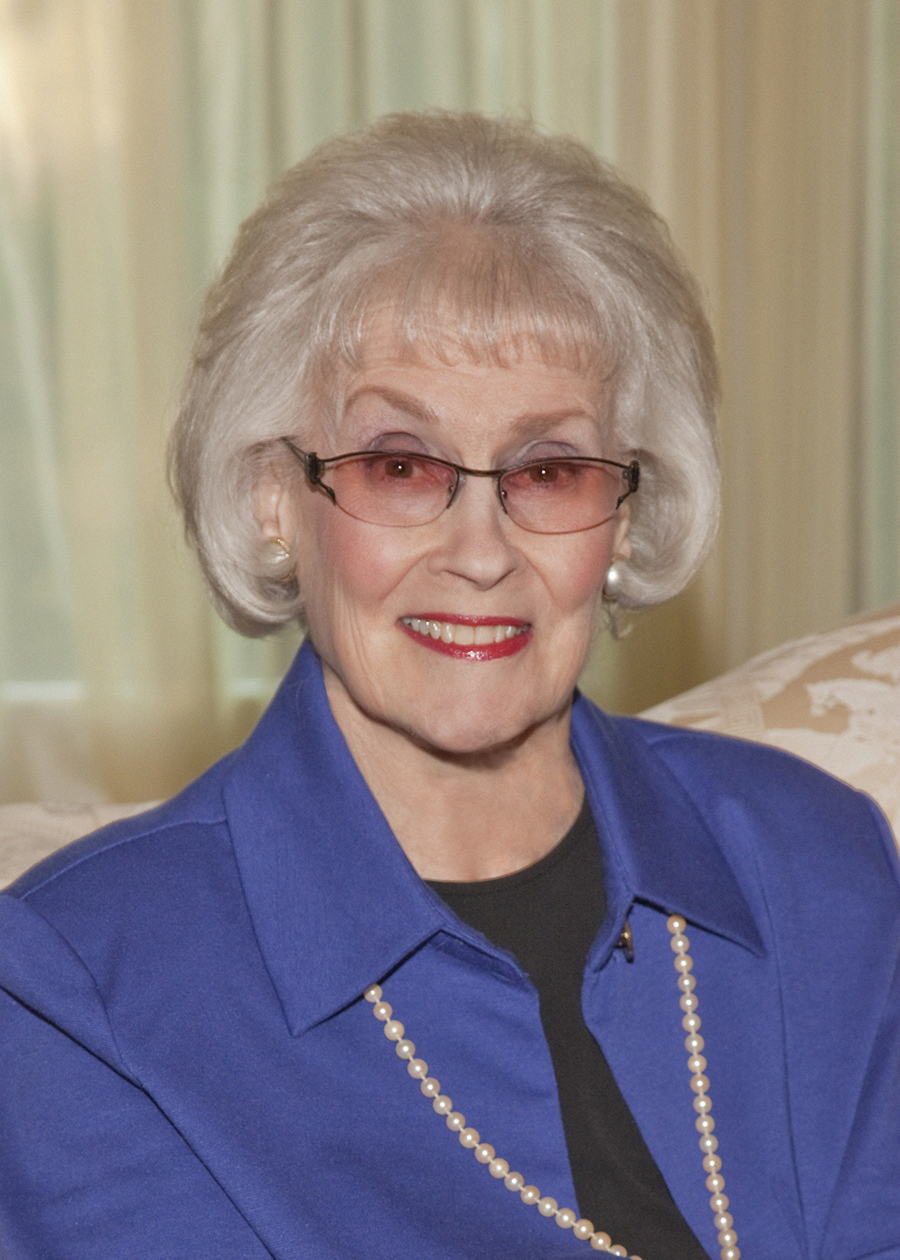FOR MORE YEARS than I care to count, I have been reading and publishing academic articles about the latest research in political science, education, sociology, and psychology. Together with economics, these areas of study—the social sciences—make up the empirical backbone of American public life. From James S. Coleman’s research proving that “separate but equal” schools were anything but equal, to James Q. Wilson and George L. Kelling’s “broken windows” theory of policing, to Robert D. Putnam’s bracing look at the decline of civic engagement and social connections in his 2000 book, Bowling Alone, the research and the findings of social and behavioral scientists have repeatedly risen to the forefront of the national debate, and set the course of policy.

Just as often, however, valuable and potentially transformative insights from the social sciences have been overlooked, misunderstood, or passed over. Today, whole edifices of policy and public opinion rest on outdated models of human behavior and expedient nostrums about how markets, cultures, and institutions work. Where this is the case, the best research cries out to be heard.
We live in exciting times when it comes to our understanding of the mind, human behavior, and society. Advances in psychology and brain science have begun remaking entire fields of knowledge, including economics, law, and education. The notion that we humans are rational actors seeking always to maximize our self-interest—a concept that has been the basis of much modern economic policy and thought—is losing ground to explanations that chart the ways in which we are, to borrow a term from the behavioral economist Dan Ariely, predictably irrational.
These ideas have already begun to reshape the world of policy. In the United Kingdom, Prime Minister David Cameron has created a Behavioural Insights Team within his Cabinet Office. Here in the United States, the fledgling Consumer Financial Protection Bureau was deeply informed by behavioral economic principles from its founding—which means that these theories now stand to transform the market for mortgages, credit cards, and numerous other products that define the financial lives of Americans. Not long ago, the National Academy of Sciences sponsored an open meeting, in which we participated, to discuss the contributions of the social and behavioral sciences to national security, medicine, and engineering. The discussion covered the prevention of medical errors, the importance of human factors on the battlefield, and the ways in which an understanding of national and global human behavior can be harnessed to complete complex engineering projects in developing countries.
The world is facing so many overwhelming problems. How do we build an economy that is both fair and vibrant? How can we deliver basic, affordable health care for all? How can we educate our children so that more are trained for lives of success? How can we develop an environmentally sustainable society? How can we create a more just and democratic world in the face of rising inequality? These questions beg for answers, facts, and serious inquiry. Yet all too often the media pose merely rhetorical questions, leaving the loudest mouths on the far edges of the political spectrum to answer them, while neglecting the job of getting to the empirical truth of the matter.
Over the years, as one trailblazing article or book after another came across my desk at SAGE Publications, I would worry about how to get these important ideas to a wider audience. I founded the Miller-McCune Center for Research, Media and Public Policy to do just that by pairing experienced journalists with the researchers and experts who scientifically scrutinize the nation’s biggest issues relating to education, justice, the environment, and the economy.
Today, early in our sixth year of publishing this magazine—formerly under the name Miller-McCune, and now as Pacific Standard—we look around and see an unharnessed wealth of research that can address many of today’s problems and actually advance our most intractable debates. Two of the organizations I am involved with—the American Academy of Political and Social Science and the Center for Advanced Study in the Behavioral Sciences at Stanford University—are working to expand the public’s recognition of research that should be central to our national conversation.
Pacific Standard’s goal is to be the publication that explains the deeply researched work that is, and that should be, changing policy. We endeavor to give our readers the tools—in the form of lively reportage and robust research findings—to answer the most vexing problems facing the world today.


